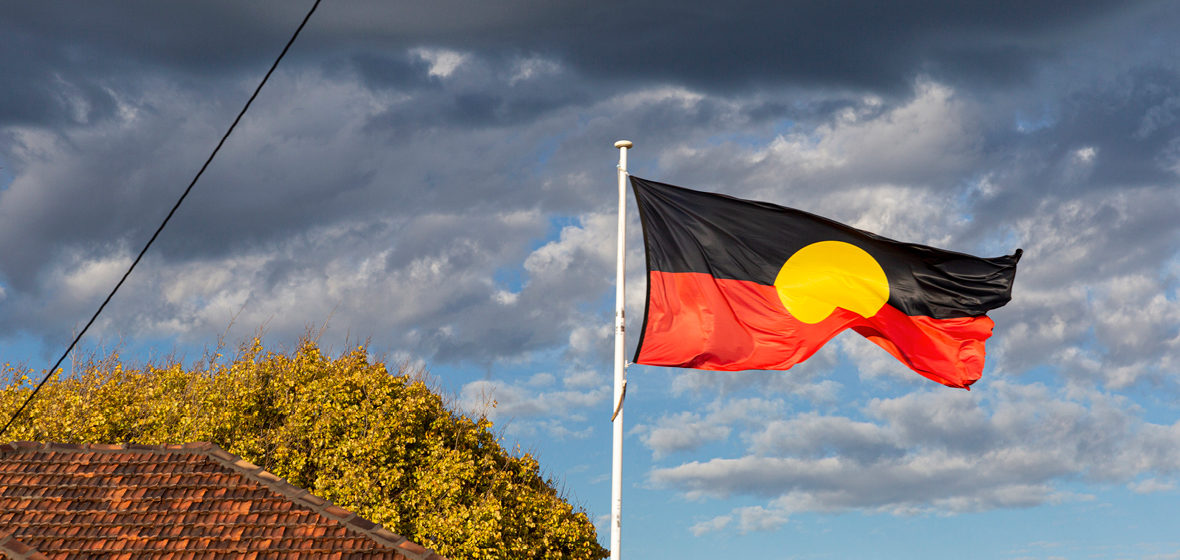Commencement of a Specialist Indigenous List in Newcastle aims to enhance access to the Courts for Aboriginal and Torres Strait Islander litigants in the region, and assist Indigenous families navigate the family law system.
The Federal Circuit and Family Court of Australia (FCFCA) have announced the commencement of a Specialist Indigenous List operating from the Newcastle registry in NSW on Monday 30 October.
It features a modified case management process tailored to enhance access to the Courts for Aboriginal and Torres Strait Islander litigants in the region, and assist Indigenous families navigate the family law system.
The announcement was made at an event hosted by the FCFCA in Newcastle to mark the commencement of the List and to acknowledge the work undertaken in Newcastle and broader NSW for Aboriginal and Torres Strait Islander families who may be involved in family law proceedings.
Chief Justice Alstergren said that the commencement of the Specialist Indigenous List in Newcastle demonstrates the Courts practical commitment to improving access to justice for First Nations Australians.
“It forms part of our ongoing commitment to deliver a safe, fair, efficient and relevant system of justice for all Australians we must always consider the needs of our First Nations people and ensure we do all we can to gain their confidence and trust,” Alstergren said.
“While there is more work to be done, especially considering the wide geographic area that this registry covers, today marks an opportunity to show our ongoing commitment to listen and learn from the local community about ways that we can be innovative and responsive and to deliver tangible and localised action that will better meet the particular needs of Aboriginal and Torres Strait Islander parties and children that live in this area of regional NSW.”
The list follows the design and success of the Specialist Indigenous list that commenced in Lismore earlier this year and has been named Wonai Nganka Kanan which means “children/child first” in the local Awabakal language. It will be led by Senior Judicial Registrar Amy McGowan in consultation with Judge Costigan and other local Judges.
Chief Justice Alstergren acknowledged that Indigenous Family Liaison Officers (IFLOs) play an important role in delivering the Courts commitment by working closely with communities and facilitating the effective running of Specialist Indigenous Lists nationally.
“Our IFLO undertakes a vital role in maintaining cultural connections, building, and maintaining relationships between the Courts, communities, support services and local cultural organisations,” Alstergren said.
The local Indigenous Family Liaison Officer will be available in the lead up to, and on the hearing day to assist parties in understanding how to engage with court processes, connect them to legal and other support services, and assist in other court events, such as mediations and appointments with Court Child Experts.
Angela, the Newcastle Indigenous Family Liaison Officer, walks alongside Indigenous families and assists them in navigating the family law system whilst maintaining cultural identity through connection to family, local community, and culturally appropriate services.
“My focus is to empower families to feel heard and understood when coming to the Courts, strengthening the perspective that Aboriginal and Torres Strait Islander families do play a part in the decision-making process for our children. A key part of this is building and maintaining the relationship between the Courts and external culturally appropriate organisations and services,” Angela said.
“The best possible outcomes for Aboriginal and Torres Strait Islander families occur when they are assisted by culturally appropriate and safe support systems that have a clear understanding that it cannot be a “one size fits all” approach for our families,” Angela said.
The Courts’ Chief Executive Officer and Principal Registrar David Pringle said the Courts are incredibly proud to launch the Newcastle Specialist Indigenous List and commended the efforts of Angela and everyone who has been involved in the initiative.
“The Courts will continue to devote time and resources towards the expansion of not just our Specialist Indigenous Lists nationally, but also our IFLO cohort and other important initiatives more broadly,” Pringle said.




